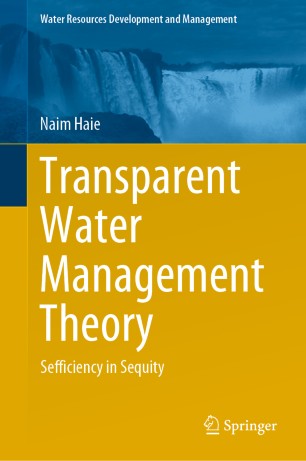

Most ebook files are in PDF format, so you can easily read them using various software such as Foxit Reader or directly on the Google Chrome browser.
Some ebook files are released by publishers in other formats such as .awz, .mobi, .epub, .fb2, etc. You may need to install specific software to read these formats on mobile/PC, such as Calibre.
Please read the tutorial at this link. https://ebooknice.com/page/post?id=faq
We offer FREE conversion to the popular formats you request; however, this may take some time. Therefore, right after payment, please email us, and we will try to provide the service as quickly as possible.
For some exceptional file formats or broken links (if any), please refrain from opening any disputes. Instead, email us first, and we will try to assist within a maximum of 6 hours.
EbookNice Team

Status:
Available5.0
17 reviewsThis book provides a solid foundation for a comprehensive, systemic and water-centric approach to water management. Said approach integrates two performance principles essential for sustainable water use systems, namely equity and efficiency. Further, it decreases the policy space for decision-making encountered by water managers and makes it easier to arrive at reasonable solutions because of the bounded rationality inherent in its development. By combining the distributive and aggregative principles, the approach offers a transparent and autonomous structure for gathering water data and enabling stakeholder involvement. Lastly, it employs and promotes a unifying language for all types of water use systems, e.g. urban, agricultural and industrial.